I’ve been wanting to revamp the blog for a while now. Something about COVID-19, raising an infant-turned-toddler, and all of the associated isolation that comes with both of those has made me crave connection with the world outside our home. I slapped up a title for my post, “Two Years Later,” and was about to get started when I realized that it had actually been five years since my last post. That about sums things up: I’ve been in the tunnel.
That’s how I’ve been thinking lately about the experience of trying to remain human while mothering a small child. Recently, on a short train ride through Alaska’s Chugach National Forest with my husband, son, and in-laws (visiting for the first time since the pandemic began), we chugged through a series of short tunnels. I instinctively looked ahead for the light, while my son marveled in the short bursts of darkness.
Then, back on the Kenai Peninsula, I received snippets of news from a busy friend whose youngest child just started school. She’s taking on more work, renewing her artistic practice, getting involved in community efforts geared towards adults. In other words – as I explained it to myself – she’s coming out of the tunnel. It’s been a long one, but even from a distance I can hear her breaths deepen, her exhales lengthen.
To be clear, this tunnel I’m describing is not all doom and gloom. The past two years have introduced me to a joy so intense it feels a little like pain. The smallest of outdoor adventures feels like discovery. My son verbalizes his demand for yogurt one morning, and I’m walking around the clouds for the next three days in awe of him.
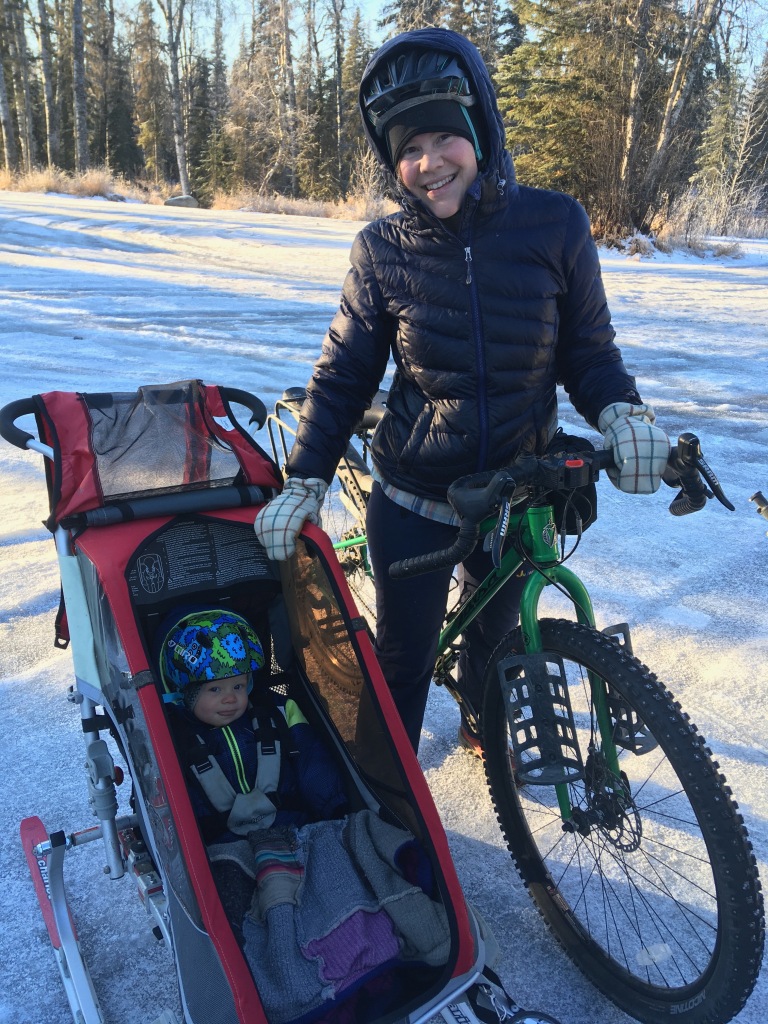
Tsalteshi trails 
Dolly Varden cabin 
Swan Lake Canoe Route 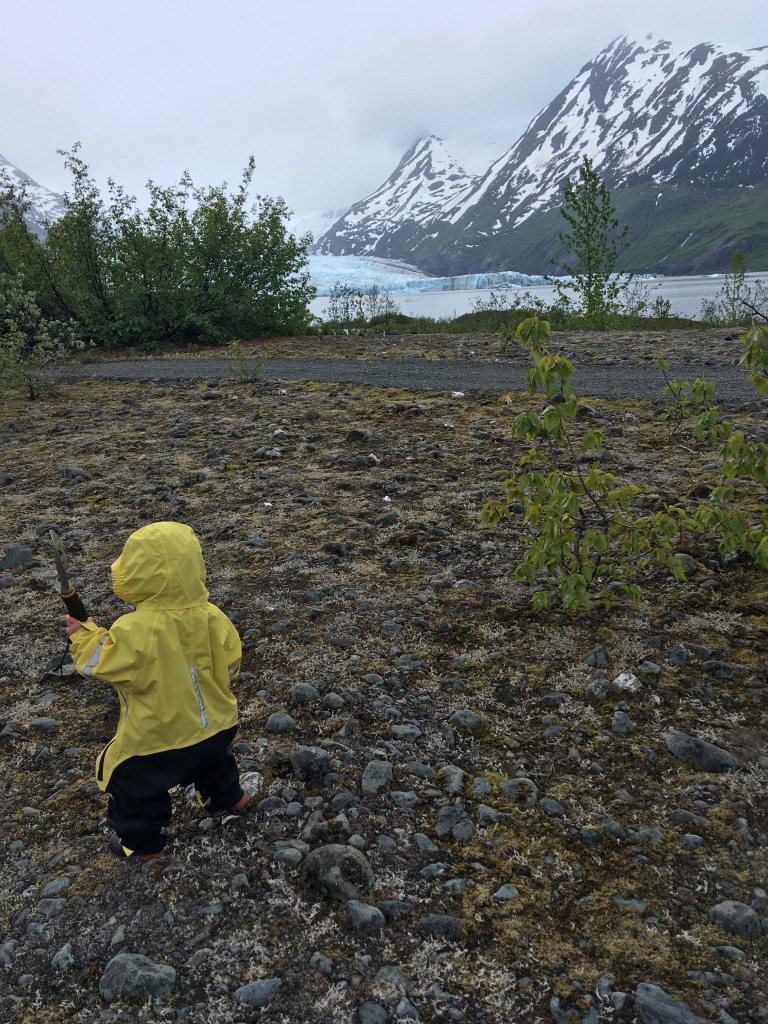
Spencer Glacier 
Kenai Wildlife Refuge
I’m told that women often experience bizarre bursts of energy just before going into labor, embodied as frenzied cleaning or redecorating the nursery. In the final weeks before my son was born, I applied to a graduate program designed to funnel students into leadership positions in language teaching and research. I felt an urgent need to have concrete plans for myself once he was in the world. I was determined not to ever resent my child for the limitations he placed on my life, and I wanted him to grow up with a mother who loved her work, not one who grumbled daily about the injustices of being an adjunct writing instructor.
So the journey of the last two years began. I’ve been juggling full-time grad school in an intensive, three-semester program, a busy student job in Russian Studies, a marriage, childcare, dog care, and for the first semester, breastfeeding or pumping while attending Zoom class. During the second semester – because, as my mother says, I don’t do things the easy way – I got pregnant again. Unlike my first pregnancy, where morning sickness generally happened in the morning, I was sick all day, every day. For months. And people still had the audacity to tell me, “You should be focusing on self care.”
I don’t regret my choices, and I do believe in the power of self care, though I mostly fail at it. I’m fortunate to have a partner who cooks and cleans and has been willing to work part time and stay home with our son for a year to support my ambitions. I was not raised on the premise that women can “have it all” – I’ve spent my adult years thus far puzzling out all the mixed messages – but I want it to be possible to be an engaged mother and to have a rewarding career, albeit one I’m trying to jumpstart at age 35.
Enter the years of wandering, working disconnected jobs, going on long adventures, trying to write, and remaining generally skeptical of the career types. I don’t regret those choices, either, but they do make for a resume that some people would call “interesting,” and not in an entirely good way.
I’ve waited close to two years to write about motherhood specifically to avoid this touchy conversation, but here it is. I certainly do not intend to speak for all women. Right now I’m staring down the birth of my second child and the final semester of my (second) graduate program, and I feel isolated and confused. Though I know women who continued working during early motherhood and women who decided to take on full-time childrearing, I don’t actually know any who tried to build a career while in the tunnel.
To be honest, the women in my life right now are (a) too busy to even talk; (b) only interested in hearing about my kid and/or my pregnancy; or (c) already made their choices regarding kids and work and don’t want to revisit them. I’m terrified to admit how torn I feel about my future, about the emotional and damn-near-physical pull I feel to be present with my son, about the fear of being overcome by bitter regret if I don’t pursue work that will challenge me and allow me to share my talents with the world. (But hey, at least I’ve gotten to a point in life where I can admit that I have talents, right?)
Maybe motherhood is not all that different than a lot of things in life: an endless run-on sentence with incongruous statements connected by the conjunction “and.” And I love my kids and I would give my life for them and I want a life of my own and I have important work to do and there’s a reason I’m driven to pursue all these threads at once and no one is going to give me the answer and these are hard years and I will probably miss them one day. And I will screw it all up and that’s okay, too.


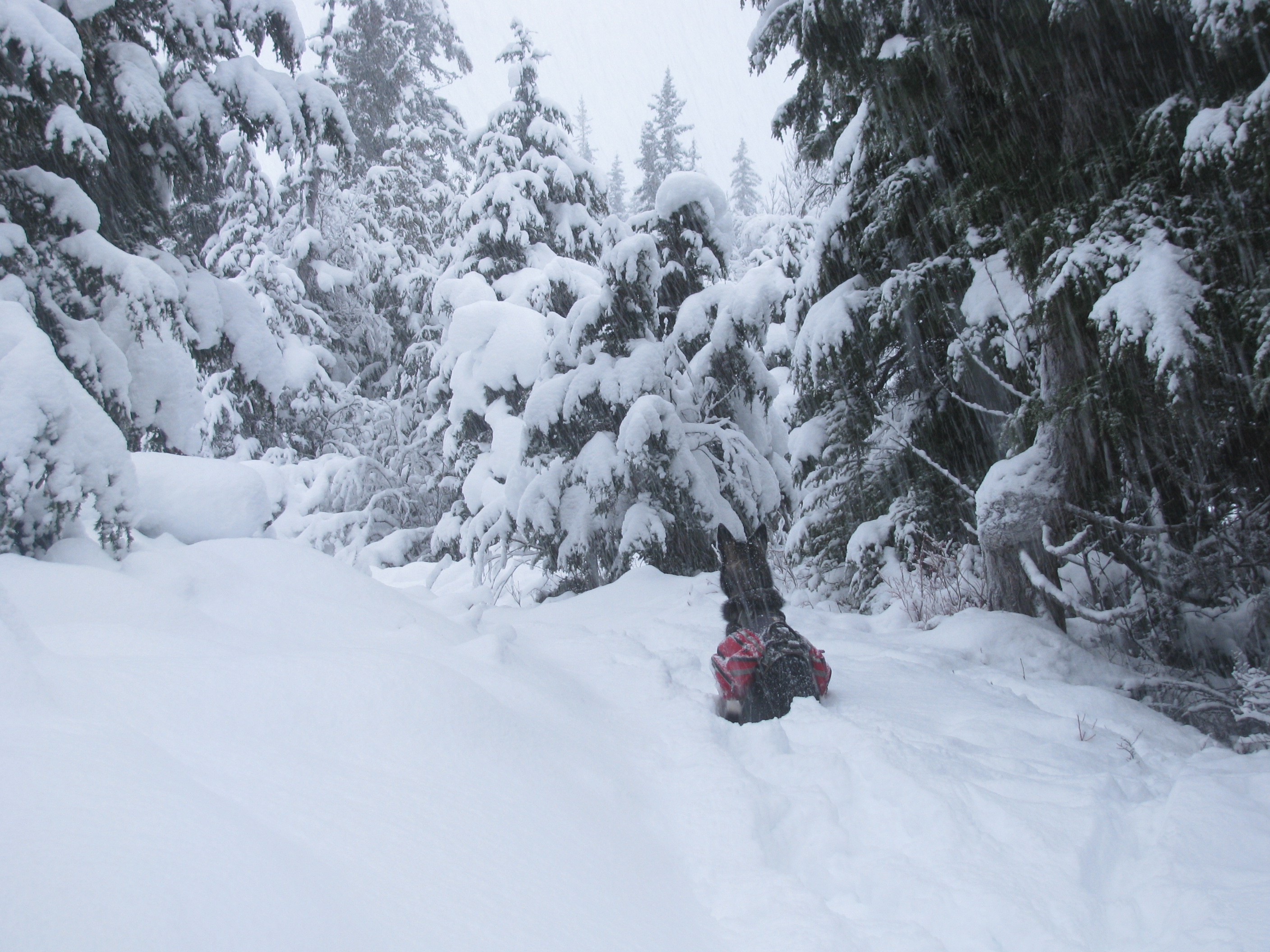
















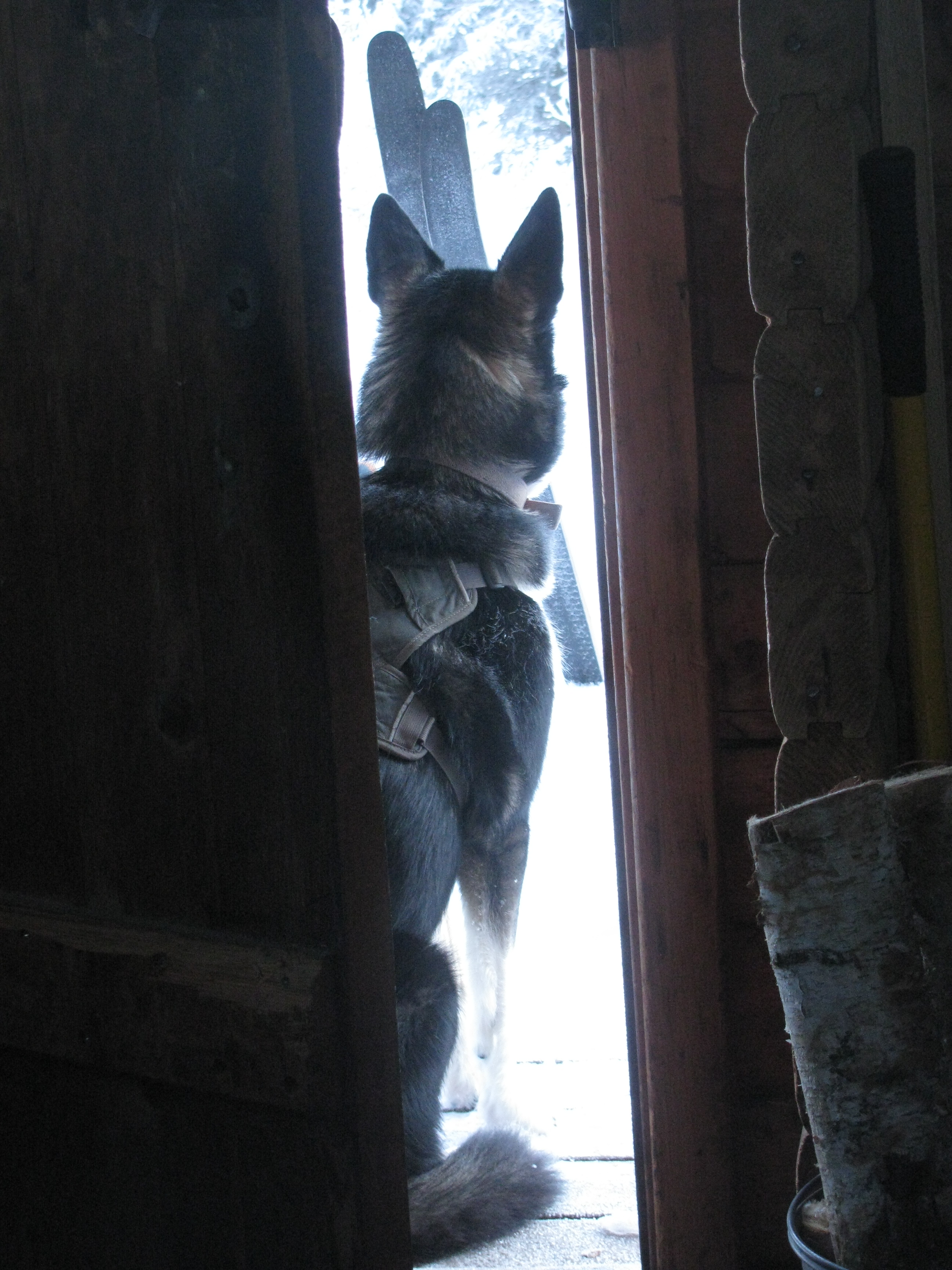
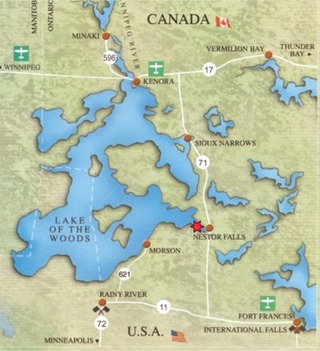
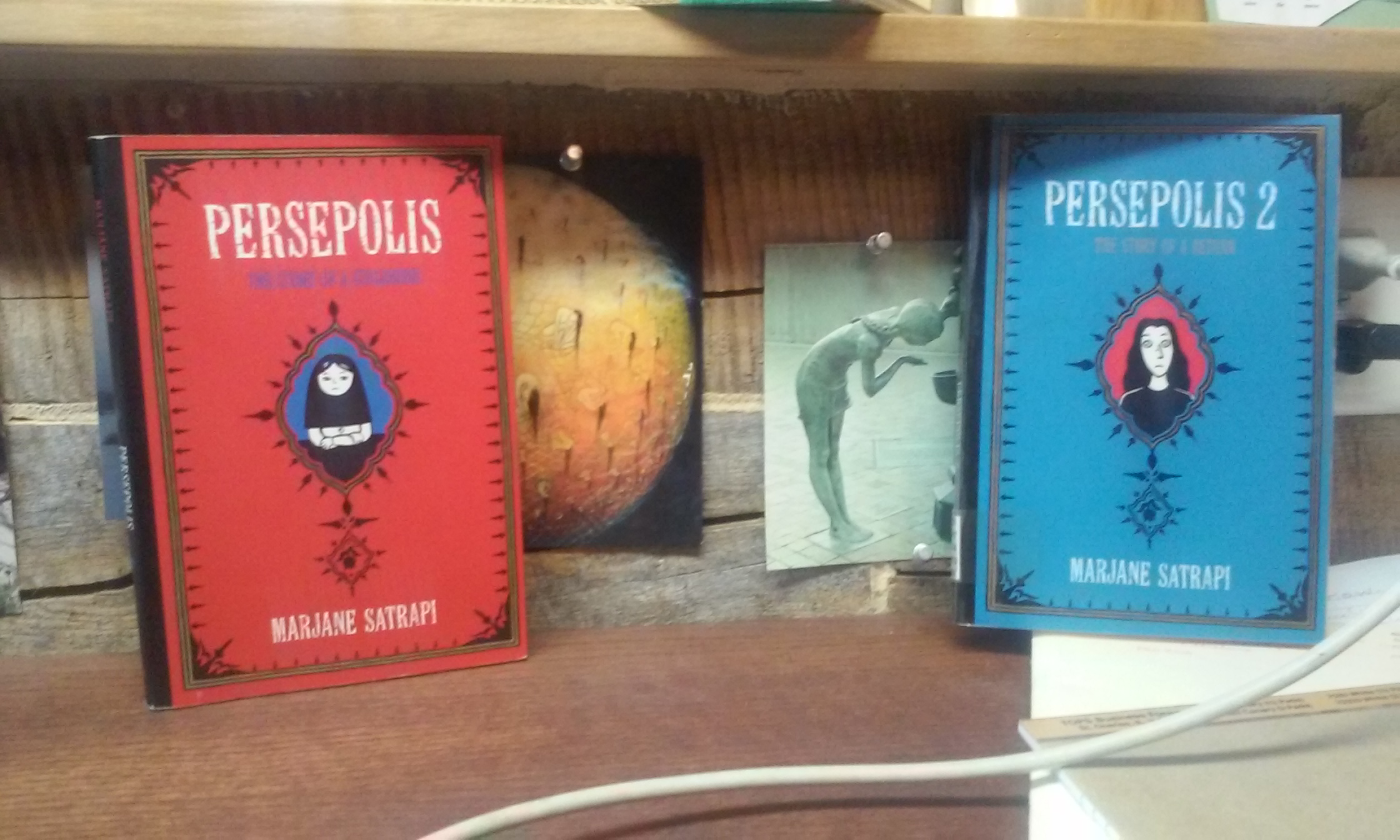
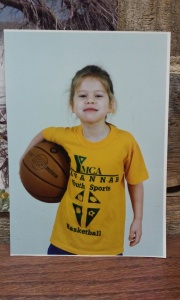 I’ve never been an enthusiastic student of history. The way Persepolis combines personal and national history, however, enthralled me. Satrapi’s books are reminiscent of Art Spiegelman’s Maus in that they use the platform of graphic novel to make war personal. Where Spiegelman makes personal a topic familiar to most westerners, however, Satrapi opens a door to the east.
I’ve never been an enthusiastic student of history. The way Persepolis combines personal and national history, however, enthralled me. Satrapi’s books are reminiscent of Art Spiegelman’s Maus in that they use the platform of graphic novel to make war personal. Where Spiegelman makes personal a topic familiar to most westerners, however, Satrapi opens a door to the east.